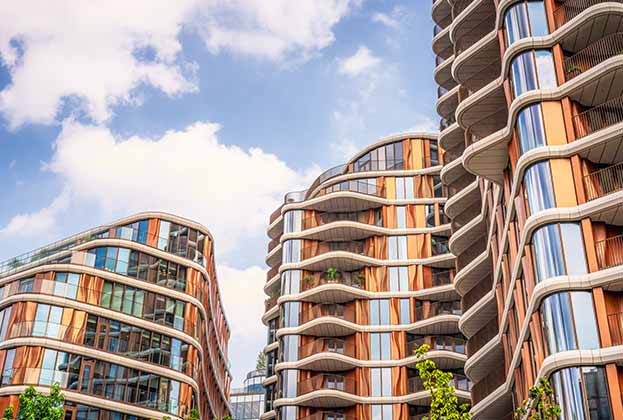For the residential development industry, the E in ESG has focused historically on the energy efficiency of new buildings as measured through EPCs and BREEAM. This is now evolving to include a more in-depth review of the efficiency and climate resilience of its offering.
Broadly speaking the current ratings and accreditations in the market fall into two main categories and are either company focused – benchmarking to assess housebuilder sustainability – or building and community focused, providing tools to rate health and wellbeing or digital technology, for example.
But how easy is it for developers to navigate their way to delivering the right product, and for buyers to make a considered choice?
People are demanding more from the developments in which they live, with green space and biodiversity, health and wellness facilities, and social value and community provision high on the agenda. Meanwhile, services such as CyclingScore, WiredScore and HomeViews have tapped into the desire to be able to check and rate the everyday things that matter when choosing where to buy.
We expect an ever-increasing number of buyer-focused ESG rating schemes to emerge; even so, the industry remains confused about what matters most. Which areas should a new development focus on? And which should developers adapt their product to suit?
Perhaps now is the time for an all-encompassing accreditation that embraces a holistic approach to ESG principles, easily understood by developers and digestible and relevant for buyers as well. Such an accreditation would be an opportunity to recognise and showcase those developers that are championing the sustainability agenda, and help influence those that are failing to appreciate and act on this shift in buyer demand and market sentiment.
The spotlight is on sustainability with the introduction of initiatives such as the Ten Point Plan, Future Homes Standard and biodiversity net gain. And it is wholly positive that developers are starting to be incentivised to build more sustainably through green development loans, and that there are green mortgages for buyers, too.
That said, there is still a great deal more that needs to be done if the UK is ever going to hit its ambitious carbon targets. Perhaps more clarity and an improvement in the availability of ESG accreditations for new build homes could prove a catalyst for change.
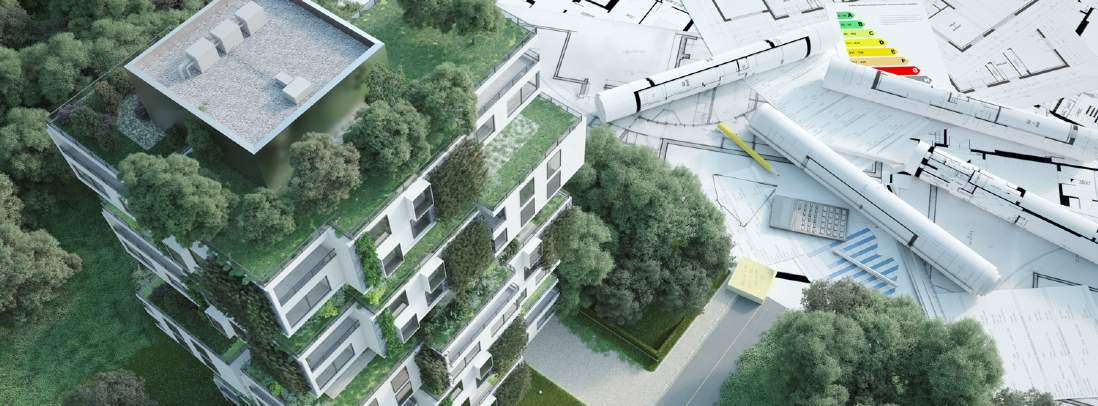
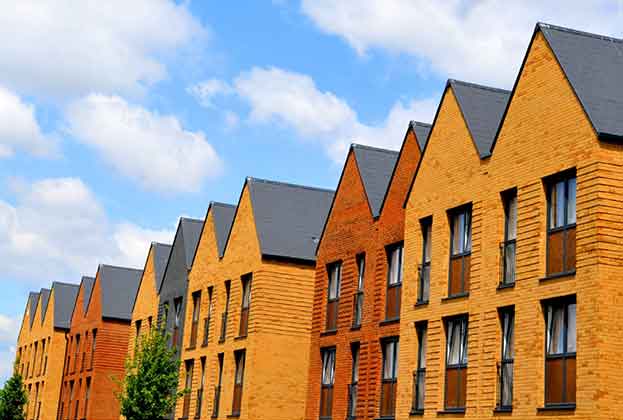
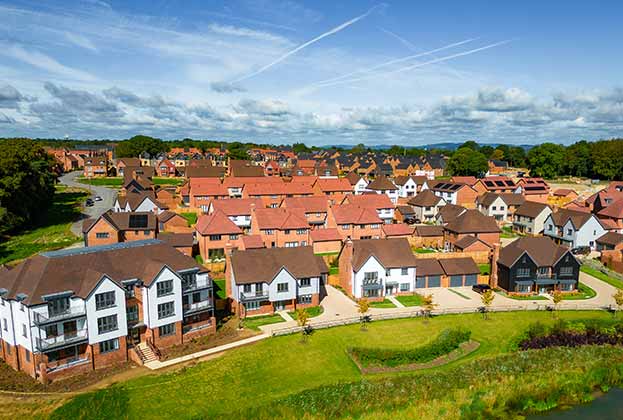
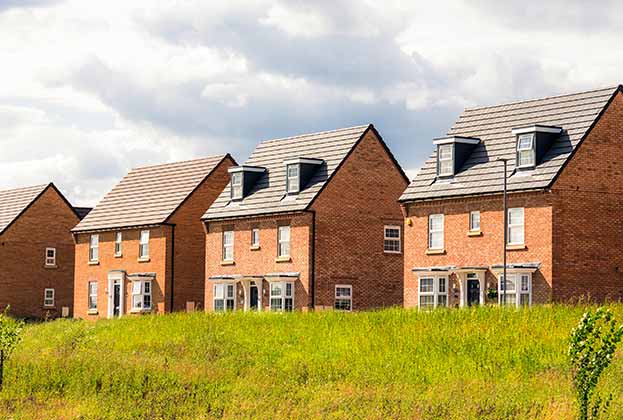
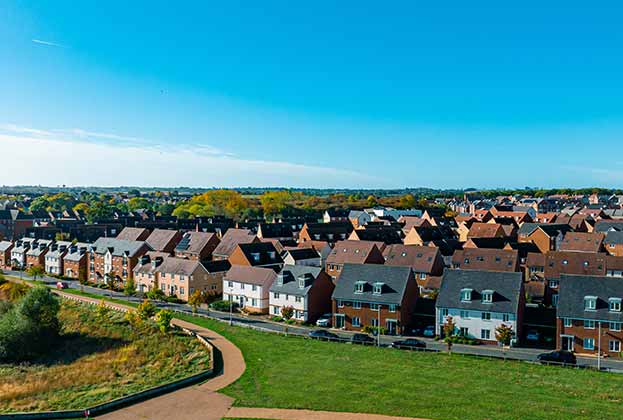



.jpg)
.jpg)
